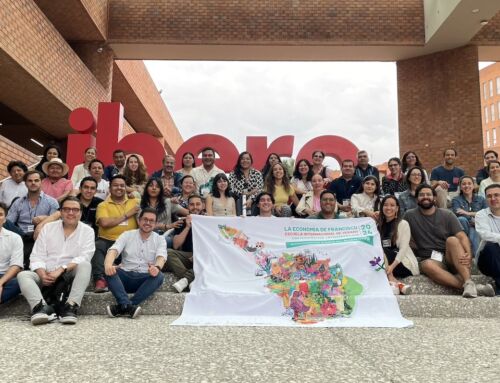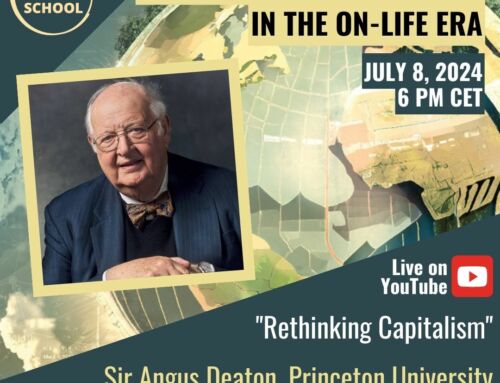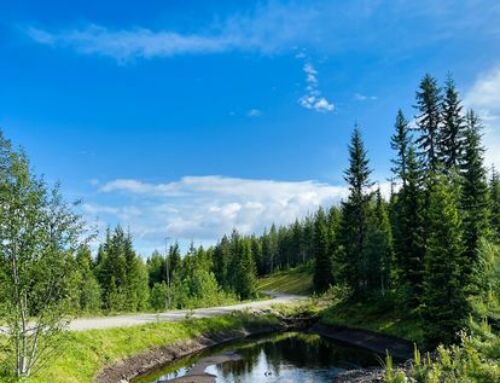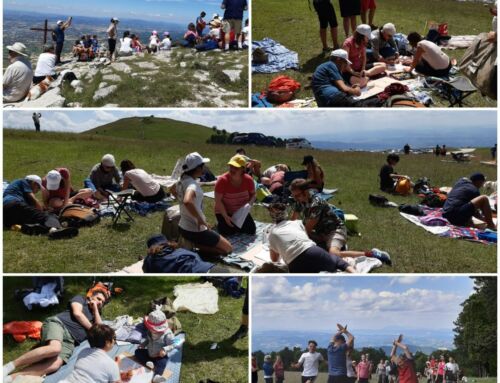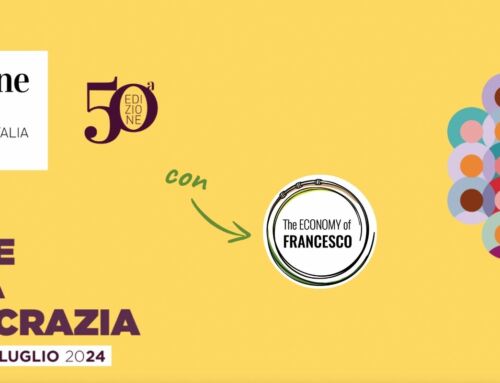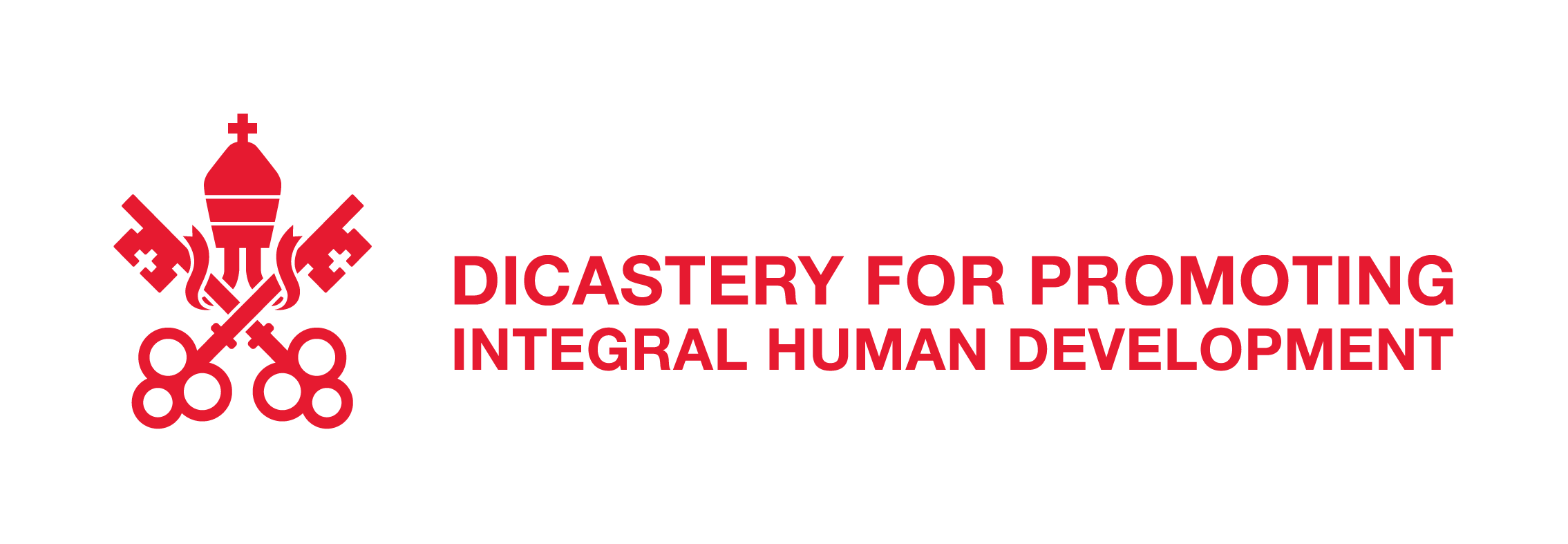2ND ROUND OF THE EOF SCHOOL
Let’s get ready for the 2nd round of the EoF school!
The first 3 lessons have taken us into a genuinely transdisciplinary dialogue between scholars across different scientific fields (History of economic thought, Plant biological sciences, Economics) and young social sciences researchers aimed at shifting the economic paradigm from the homo oeconomicus to a persona oeconomica vegetalis.
CHECK OUT THE PAST LESSONS OF THE EOF SCHOOL, 2nd EDITION: https://francescoeconomy.org/eof-school-2/

We are now going to keep on our journey!
On 25 April we will have Prof. Maria Portugal – Associate Researcher – Environmental Justice Program at Georgetown University – and María Mercedes Muenala Tituaña – Bachelor’s degree in nursing, Master in epidemiology in action (Universidad Central del Ecuador) and Master’s Degree in Health Services Management (Universidad Técnica del Norte). Thank you to our colleagues in the Latam network for suggesting and organizing this seminar entitled El buen vivir de los pueblos amerindios, una visión holistica relacional para entender la naturaleza y el ser humano. This seminar will be in Spanish with English translation.
Prof. Robert Costanza, Ecological Economics at the Institute for Global Prosperity at University College London, on May the 30th will bring us on the topic Ecological economics: what we should learn from non-humans. Professor Costanza’s transdisciplinary research integrates the study of humans and the rest of nature to address research, policy and management issues at multiple time and space scales, from small watersheds to the global system. His specialties include: transdisciplinary integration, systems ecology, ecological economics, ecosystem services, landscape ecology, integrated socio-ecological modeling, ecological design, energy analysis, environmental policy, social traps and addictions, incentive structures, and institutions.
We will conclude on June the 27th with Prof. Simon A. Levin, Princeton University – James S. McDonnell Distinguished University Professor in Ecology and Evolutionary Biology – starting from the paper Public goods in relation to competition, cooperation, and spite. Two conflicting tendencies can be seen throughout the biological world: individuality and collective behavior. Natural selection operates on differences among individuals, rewarding those who perform better. Nonetheless, even within this milieu, cooperation arises, and the repeated emergence of multicellularity is the most striking example. The same tendencies are played out at higher levels, as individuals cooperate in groups, which compete with other such groups. Most of our environmental and other challenges can be traced to such conflict, and to the unwillingness of individual agents to take care of the greater good.

